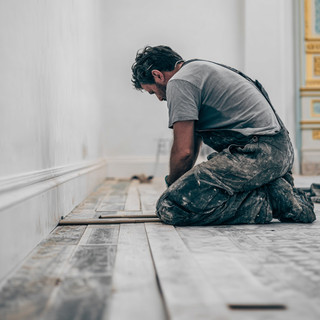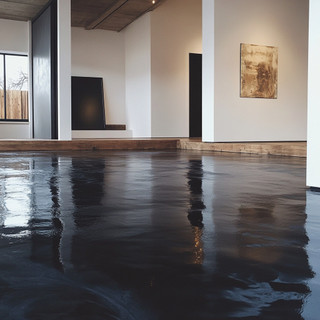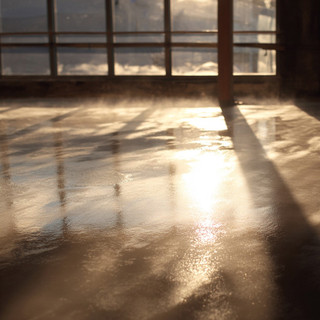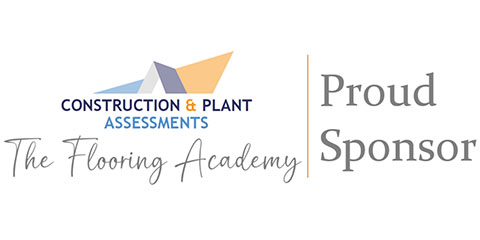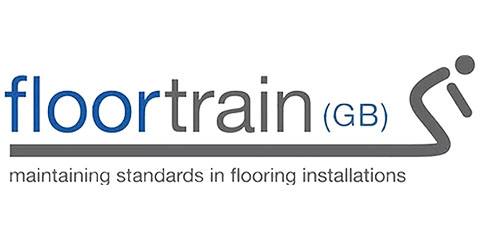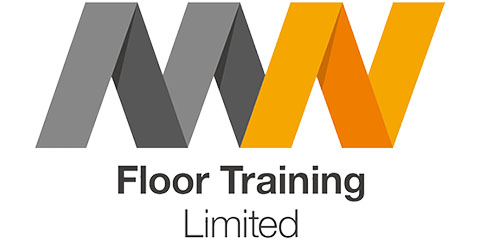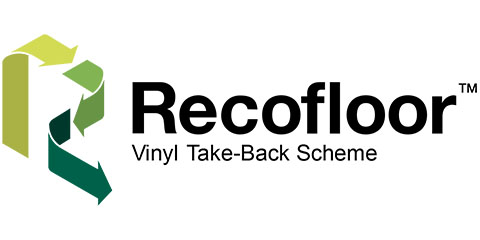What Kind Of Flooring Is Used In Schools?
Posted by Caitlin Davis on 6th Feb 2024
Depending on the school and the specific area, the flooring can vary for the required usability. In an average school, carpet tiles are often used in classrooms and vinyl is usually used to cover big spaces such as halls and gyms. Whereas schools that specialise in SEN and other assistance based facilities that provide education often opt for sheet vinyl for many reasons. One being that sheet vinyl is easier to navigate with sensory needs and it's easy to maintain and keep clean.
What flooring should not be used in a school setting?
Wood flooring is all natural but could become a trip hazard if a plank becomes loose over time. Tile flooring or anything else that could become slippy is also not suitable for school settings due to children's health and safety always being a big factor when it comes to choosing the right floor.
What’s the importance of anti allergenic flooring in schools?
In schools, especially primary and SEN specialist schools, sitting on the floor is a daily occurrence. Whether that be on a mat, rug or the vinyl itself it's important to ensure the flooring is allergen free to avoid reactions from properties such as latex, formaldehyde, dust mites and pollen.
What’s the importance of anti-slip flooring in schools?
Anti slip flooring can prevent minor and major accidents happening regularly, due to the specialised pattern that is raised on the flooring. This comes on flooring such as Gerflor Tarasafe Ultra H2O which is slip resistant in wet and dry conditions. The Forbo Surestep Laguna offers a textured flooring option which also prevents slipping in wet and dry conditions.
How often should school flooring be replaced?
Flooring in school settings should be replaced every ten years or even sooner if in high traffic areas such as corridors or entrances. It’s also important to remember that anti-slip properties start to deteriorate between 3-10 years depending on foot traffic again in that area. It's important to remain on top of regular maintenance to ensure risk assessments and health and safety protocols are being adhered to.
Contact us.
If flooring for schools is something you want to discuss further or you just want some advice, contact the team at sales@floormart.co.uk and we will be happy to guide you in the right direction. We always recommend speaking to the manufacturer & checking product data sheets before purchasing.


